DR ALEX GEORGE HAPPY HABITS
7 STEPS TO BUILD A HAPPY LIFE
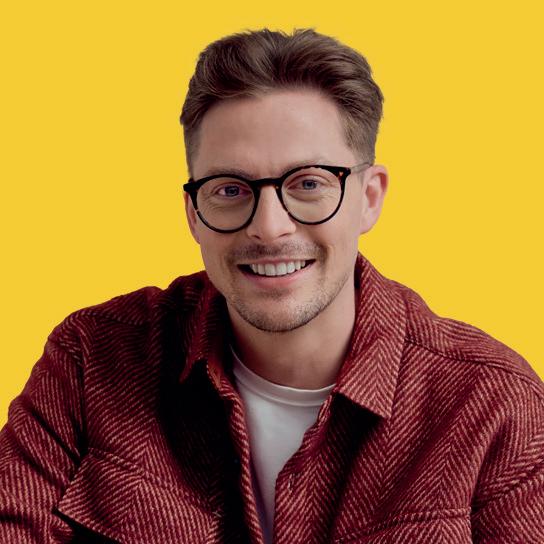


The information in this book is intended as a general guide. Children’s abilities vary, and the activities described may not be suitable for all. Please ensure children follow the health and safety advice provided and take appropriate measures as needed.
UK | USA | Canada | Ireland | Australia India | New Zealand | South Africa
Puffin Books is part of the Penguin Random House group of companies whose addresses can be found at global.penguinrandomhouse.com. www.penguin.co.uk www.puffin.co.uk www.ladybird.co.uk
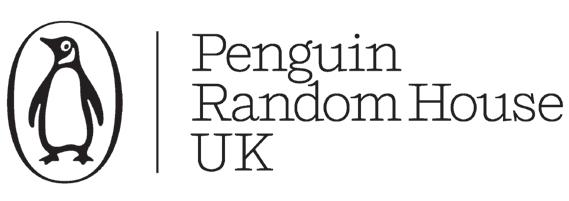
First published 2025 001
Text copyright © Dr Alex George, 2025
Illustration by Dynamo Limited
Additional material and research by Oscar Millar and Emma Young
All brands referred to in this book are trade marks belonging to third parties.
The moral right of the author and illustrator has been asserted Penguin Random House values and supports copyright. Copyright fuels creativity, encourages diverse voices, promotes freedom of expression and supports a vibrant culture. Thank you for purchasing an authorized edition of this book and for respecting intellectual property laws by not reproducing, scanning or distributing any part of it by any means without permission. You are supporting authors and enabling Penguin Random House to continue to publish books for everyone. No part of this book may be used or reproduced in any manner for the purpose of training artificial intelligence technologies or systems. In accordance with Article 4(3) of the DSM Directive 2019/790, Penguin Random House expressly reserves this work from the text and data mining exception.
Text design by Dynamo Ltd
Printed in Great Britain by Clays Ltd, Elcograf S.p.A
The authorized representative in the EEA is Penguin Random House Ireland, Morrison Chambers, 32 Nassau Street, Dublin D02 YH68
A CIP catalogue record for this book is available from the British Library
ISBN: 978–0–241–77146–4
All correspondence to:
Puffin Books
Penguin Random House Children’s One Embassy Gardens, 8 Viaduct Gardens, London SW11 7BW
I dedicate this book to every child in their pursuit of happiness.
I’m Dr. Alex, and this is my book Happy Habits, an introduction to all the small things you can do every day that make big things happen. Thanks for opening up this book, and well done –reading’s a great habit to get into.
It’s not an instruction manual and it’s not a schoolbook, don’t worry! What I want to share with you are what I call Happy Habits. They are a set of ideas I use that I think would help everyone spend their time in ways that will make all their dreams come true.
Neil Armstrong, the first person who walked on the Moon, was once a kid who made a habit of concentrating in his science class. Any rugby player you can think of would have made a habit of throwing and catching whenever they could. Taylor Swift will have sung in the shower. And they did it again. And again. And again. Each time they got better, and things got easier. Their happy habit became their happy life. Their dream didn’t just become a reality – their reality made their dreams come true.
So that’s why I wanted to write this book. To show you how the happy little things you do today are what helps make a happy life.
So let’s get started. Just getting started is one of the best habits we can have.
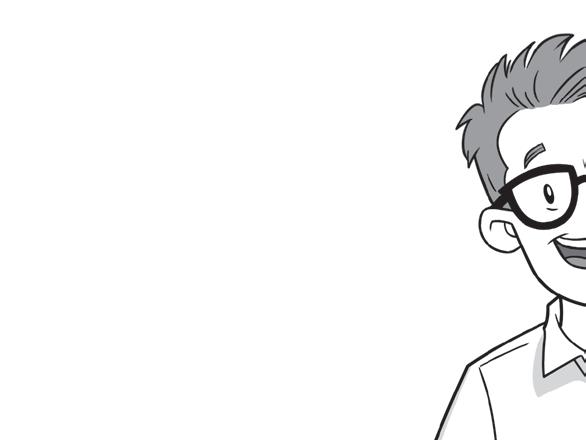
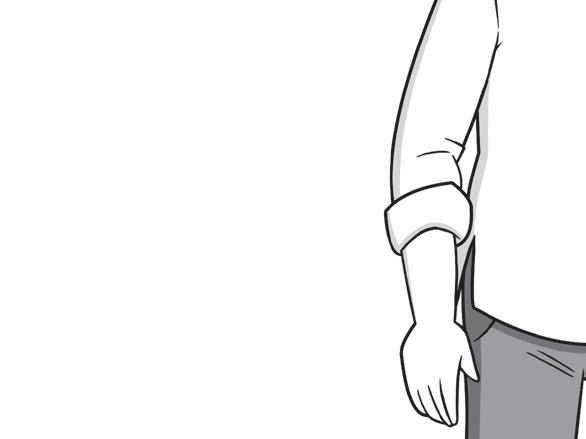
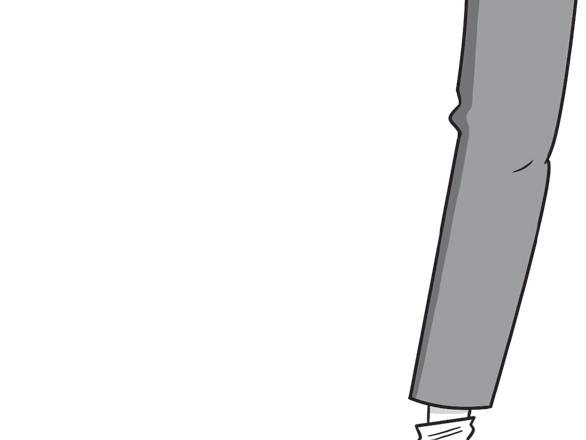
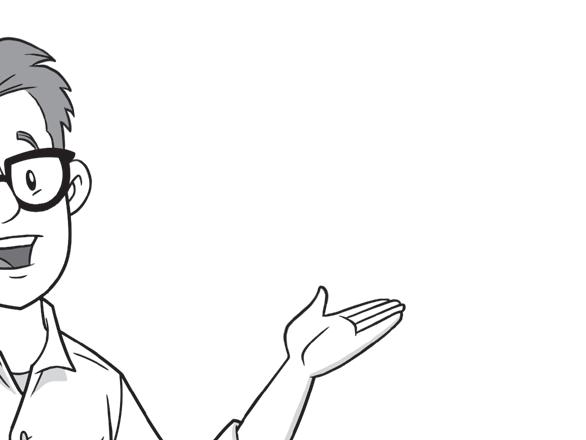
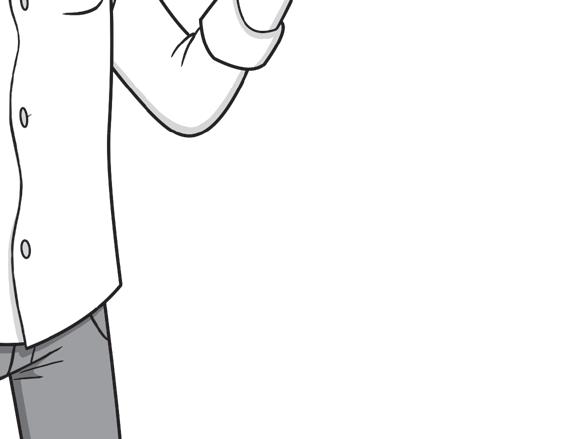
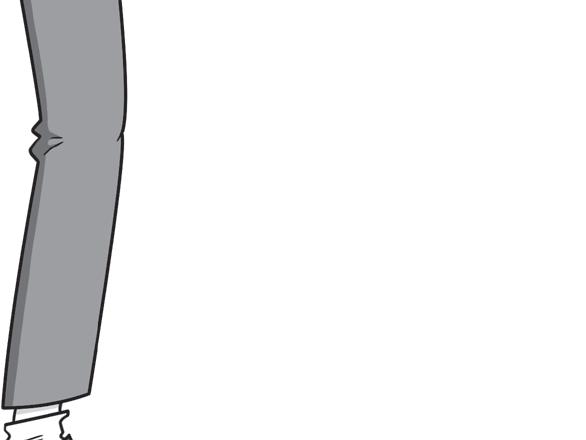

If you had to think of something that you enjoy, that you are good at, and that makes you feel proud of yourself, what would you say?
I would say I feel good at running because I have trained for a marathon, or that I know lots of facts about the human body because I studied to become a doctor.
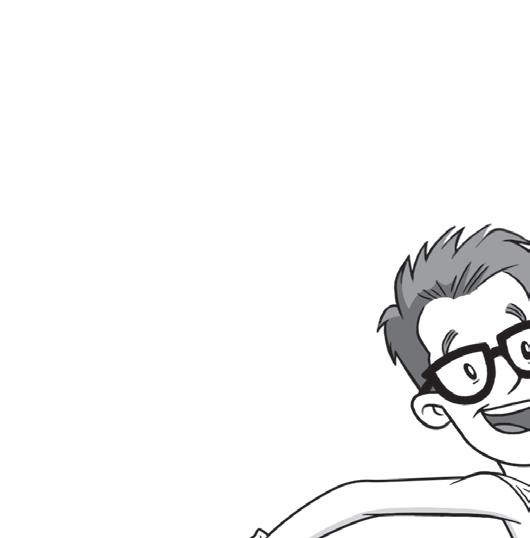
Maybe you are good at scoring goals. Or drawing horses. Maybe you’re good at remembering the names of thousands of items in Minecraft. Think of that thing you have become good at.
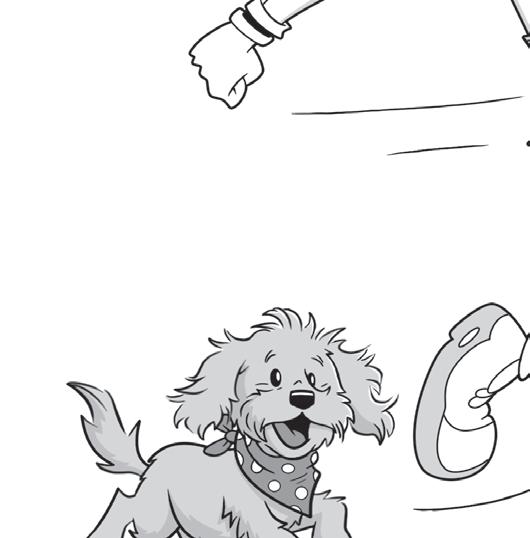
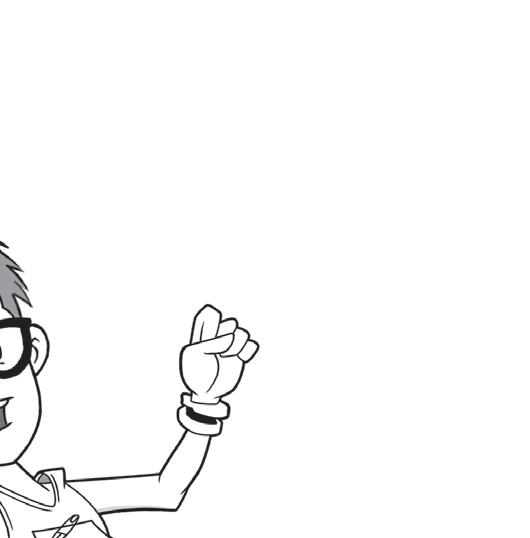
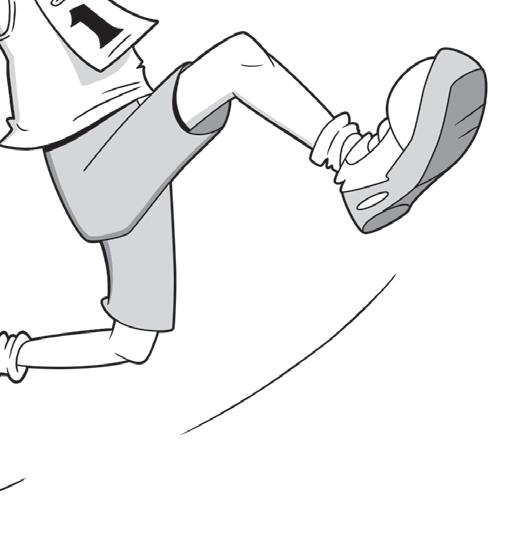

How do you feel when you are doing it?
How do you feel about the fact that you can do it?
And were you always able to do it?
You see, we all have skills that we are proud of, that make us feel happy and that we got better at over time. The question is, how did we get better? And if we want to discover other things to enjoy and be proud of, how can we learn to do them?
The answer is – you guessed it (it’s in the name of the book!):
A habit is something that we do often. It is also the best way to get better at something. So you found a habit – shooting footballs, drawing manes or remembering dragon eggs (I think that’s from Minecraft . . .) and you did it a few times a week for a few years.
In that time, you went from being someone who could only kick a ball a few metres to someone who could take a corner.
You went from someone who could draw the outline of a horse to someone who could make it look pretty realistic.
You went from knowing about one item, to ten, to a thousand.
You formed a habit, and your habit made you happy because you learned to like doing it. Then, you felt proud of what you could do. I’ll bet then that your habit probably didn’t feel like something you had to remind yourself to do. You saw a football and would just start playing, or noticed your brown pencil and thought, Time to draw a horse.
It was automatic. This means that, unlike chores, you didn’t need a big reminder or encouragement to do it. It just sort of happened, and as you got better, you felt more confident and more excited to do it again and again and again.
Because the best habits are automatic. We have to think about doing them for a bit but then, soon enough, we start doing them without even thinking. I want to tell you how you can make lots of good habits automatic.
Once we make our happy habits something we do without thinking, there is no question of how far we can go.
So you’ve thought about the things you have already improved at.
I’m guessing you have only had a couple of years to develop these skills. But you must have started to feel pretty good with the practice you’ve had – you should do!
Now imagine that rather than five years of practice, you’ve had twenty. Or instead of six months, it was sixty YEARS.
That’s a lot of goals or drawing or gaming! By the time you’re done, you’ll probably be scoring from the halfway line or creating life-size horse sculptures that look real.
The habits you start or continue today could result in some amazing happiness and unbelievable levels of skill in your future. So if you can, don’t imagine the future as some faraway time when you are old and grizzly – think of it as a moment that begins today. The future is the version of you that is getting better, starting from right now.
So let’s think about what you would like to be able to do someday.
j Would you like to be happy? Someone who laughs a lot?
j What would you like to do for a job?
j What skills would you like to have?
Adults always ask kids the question, ‘What would you like to be when you grow up?’ so you might already have an answer. But what they don’t usually ask is what are you doing today to make that happen.
Successful inventors aren’t at the top of their field because they said, ‘I want to be a successful inventor’ – they are there because they have developed their ideas, tested them and worked to make them the best they can be over time (sometimes years!).
The things you will achieve in your life don’t just magically happen when you’re a grown-up. They happen when you keep improving at some things from when you are a child because you have formed a habit.
You don’t become a footballer on the day you score in the Premier League – you become one on the day you decide to start practising like one.
Say, for example, you answered the questions above like this:
j Would you like to be happy? Someone who laughs a lot?
Yes . . . and yes . . . LOL! (Sorry. I was just practising laughing – it’s a good habit!)
j What would you like to do for a job?
I would like to be a marine biologist
j What skills would you like to have?
I would like to be able to scuba-dive.
OK, so you want to be a healthy, happy, laughing, scuba-diving marine biologist. Great choice. But how do you become one?
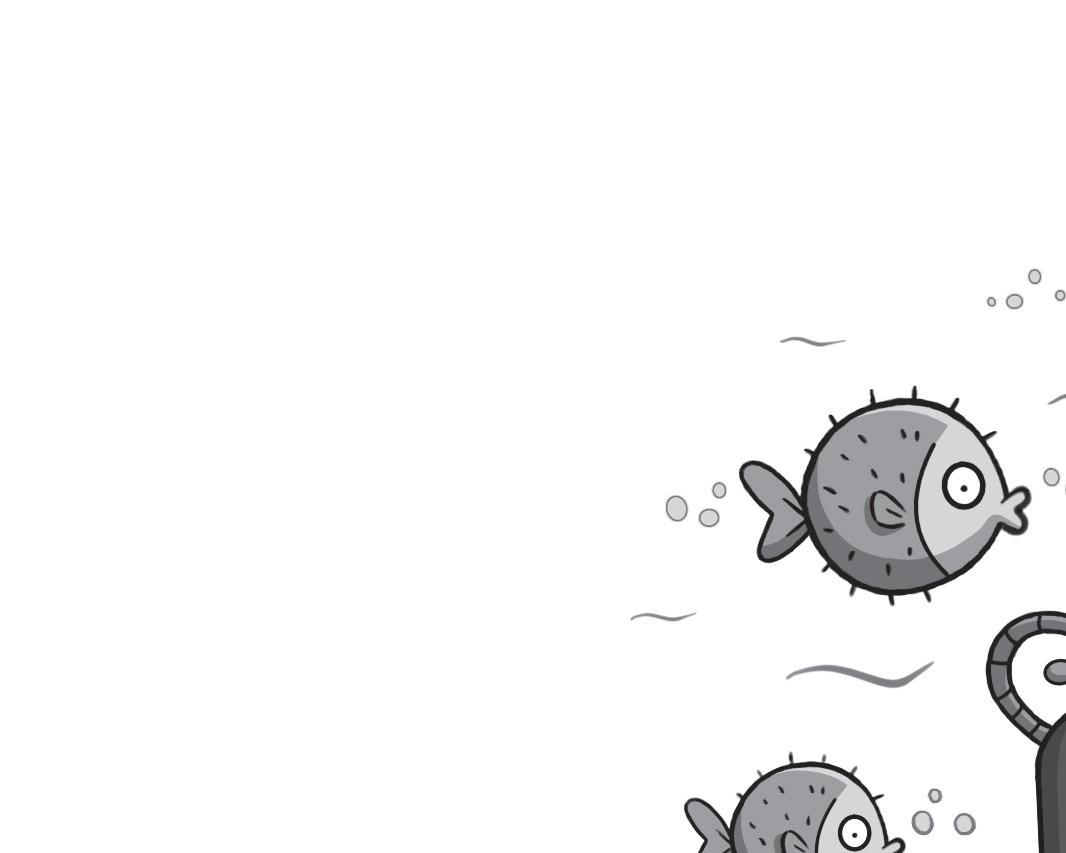
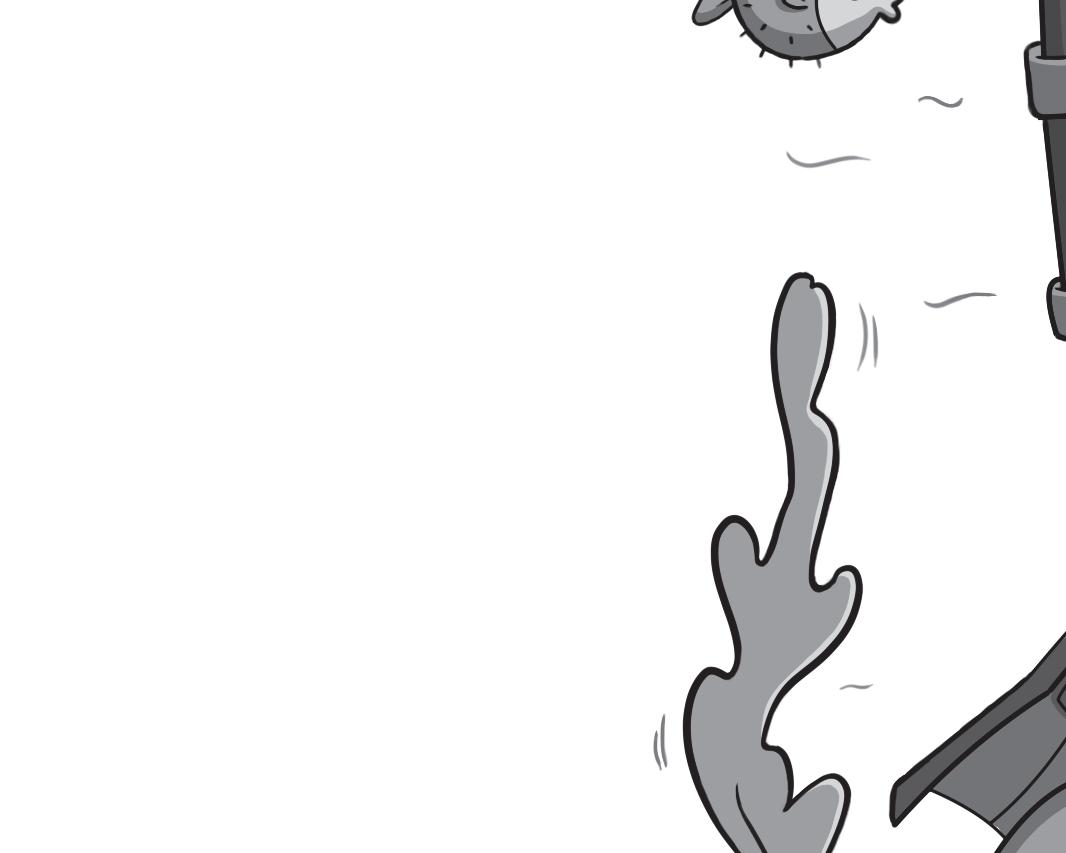
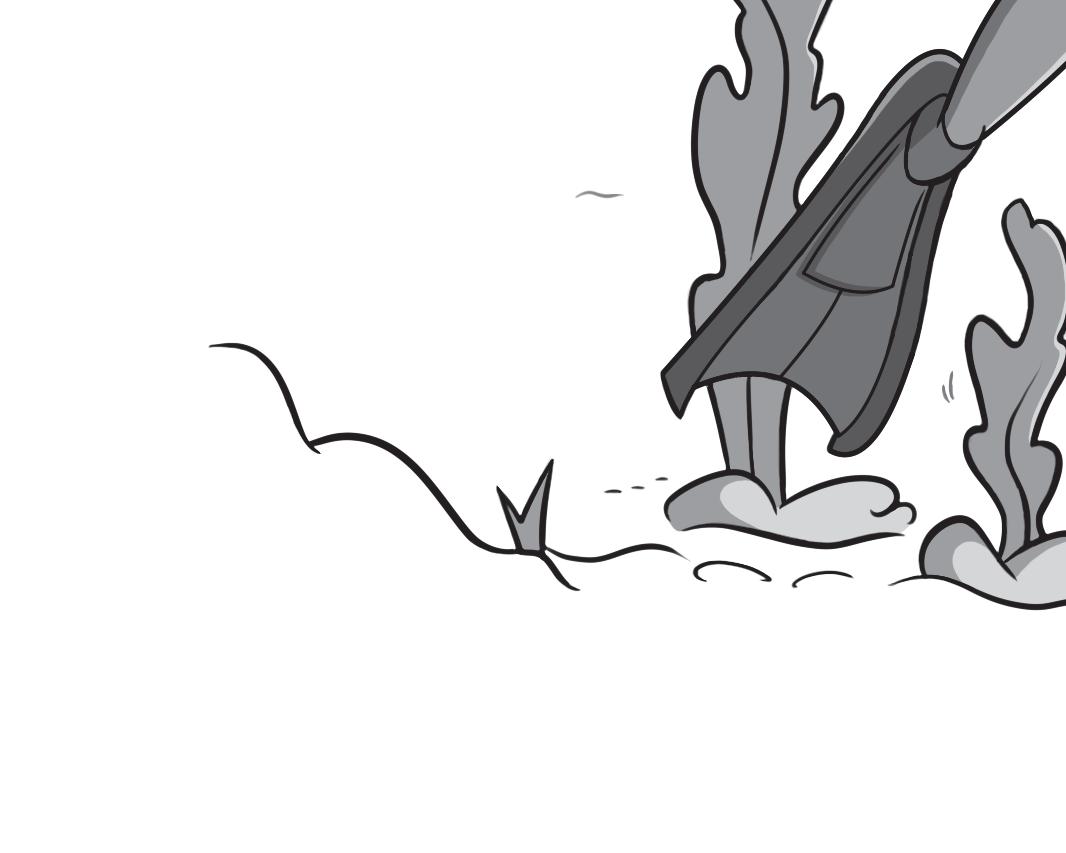
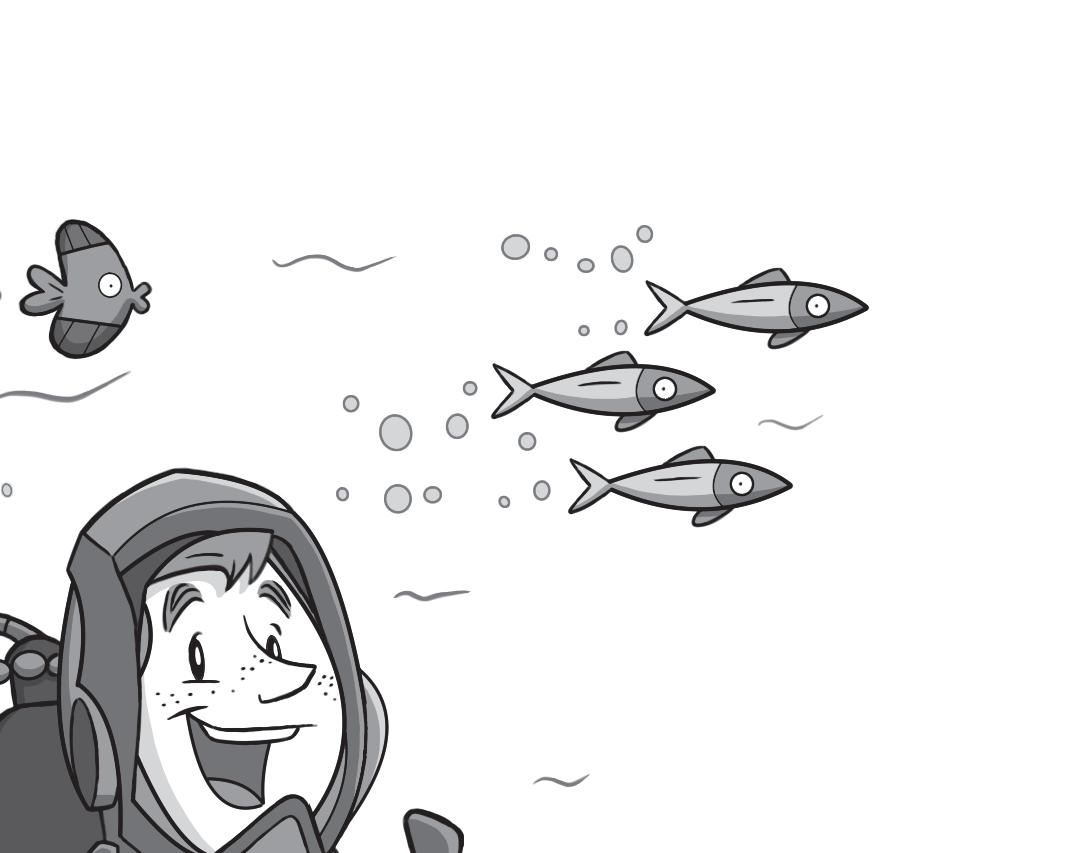
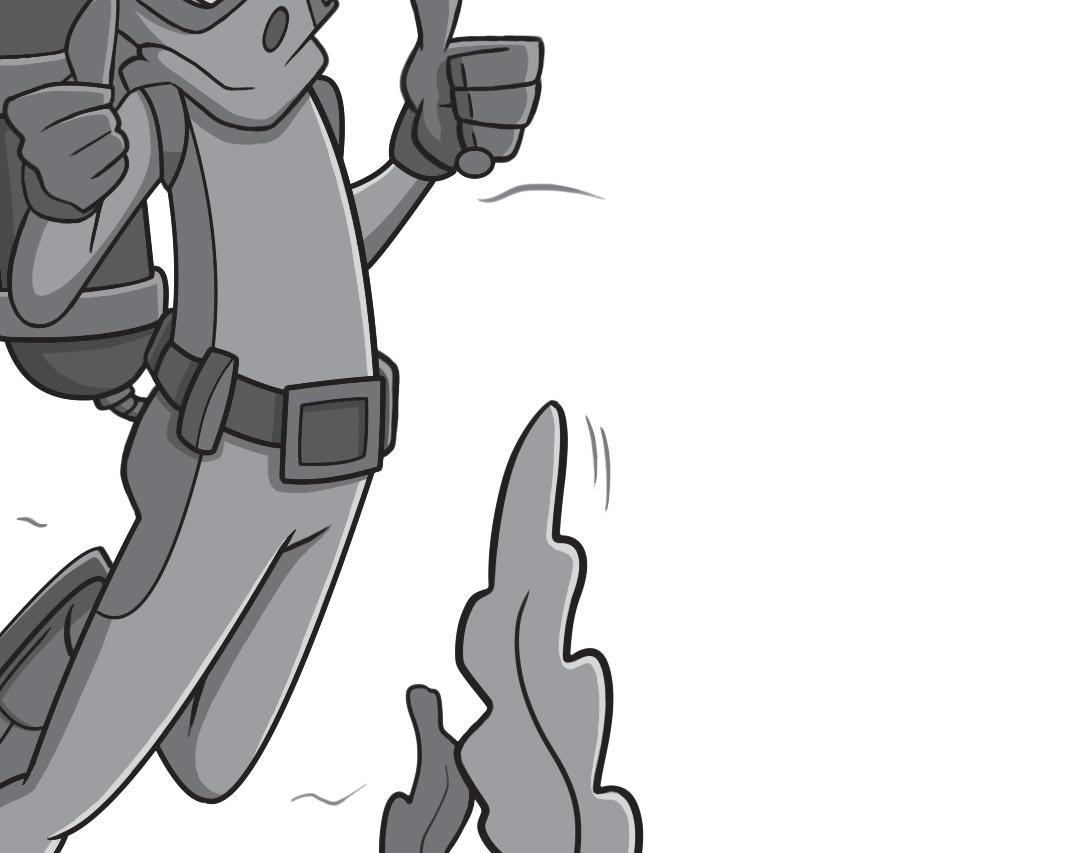
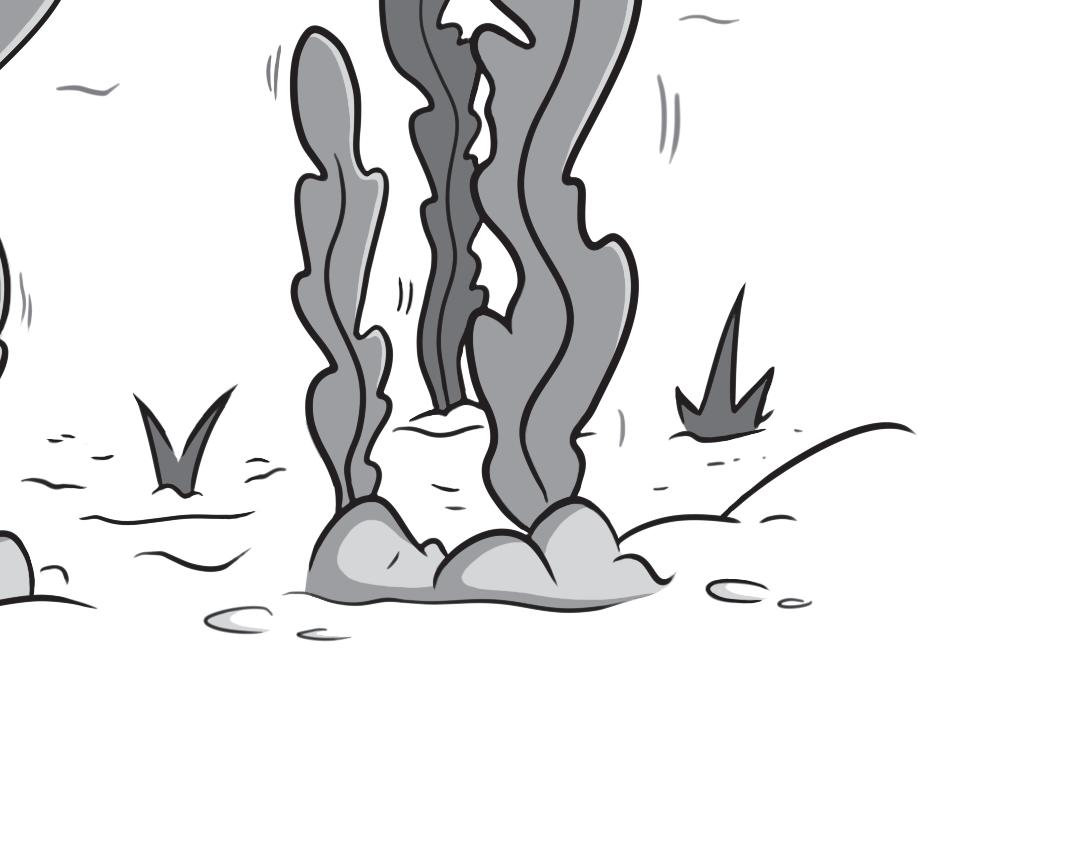


Well, this book is split into seven separate sections: Move, Nourish, Rest, Plan, Joy, Connect and Breathe/Reflect, with each section containing inspiration and advice on how to pick up small habits that grow into the bigger ones that make us happy –because who you want to be someday is a result of what you do today. Nothing massive, nothing hard – just finding little habits that make you happy and help you grow.
So, to become a marine biologist, you might need to take small daily habits from each section to help you work towards that goal. This might look like planning how you’re going to learn all the fishy facts and nautical know-how you’ll need, or making sure you’re getting enough rest to keep your body and brain in tip-top shape – whatever feels good to you!
But before we get too far into how picking up these happy habits works, let’s just read that last bit again:
Every single person on this planet is unique. There may be sections of this book that you don’t connect with, or which you need to adapt in order to suit your individual needs – this is especially true if you have either a physical disability or a neurodivergence
diagnosis, such as ADHD, dyslexia, autism or dyspraxia. If some of the advice or habits listed in this book don’t feel good to you, it’s absolutely fine to park them for now and try something else. I’d always suggest talking through anything you are finding challenging with your grown-ups or healthcare team though, to see if there are strategies you can put in place to get the best from these happy habits.
We will talk in more detail about how happy habits work in each section, as I know that right now it might sound like a lot of things to put together. But the cool thing is that every
few minutes you spend on a habit you enjoy makes that habit even more effective and even easier the next time.
Because happy habits changed my life, and when I was a kid, I didn’t really understand how helpful they could be.
I used to think you were either a person with good habits or a person with bad ones. You can probably guess which one I felt like most of the time. School was really hard for me. I struggled to sit still and concentrate. Reading and writing were difficult, and I never finished my work on time. It made me feel left out and different from my classmates. I became shy and too scared to get involved in things I would really have liked to do, like playing sports or going to birthday parties.
I mostly felt worried. A LOT. I worried that my teachers thought I wasn’t good enough. That my parents thought I was lazy. That the kids in my class didn’t like me. I didn’t know what to do, and I didn’t think there was anything I could change. Whenever I was told off for a ‘bad habit’, like doing my homework late or having too much screen time, I just thought it was another sign that people didn’t think I was good enough.
I thought that good habits just sounded boring. Eating vegetables, going to bed early and making sure my homework was done on time all seemed like the opposite of fun. They seemed like they were just things getting in the way of having a good time or being happy. This meant I felt stuck. I felt bad. I didn’t have any good habits, and no one had explained to me that habits might just be the thing to make me feel better.

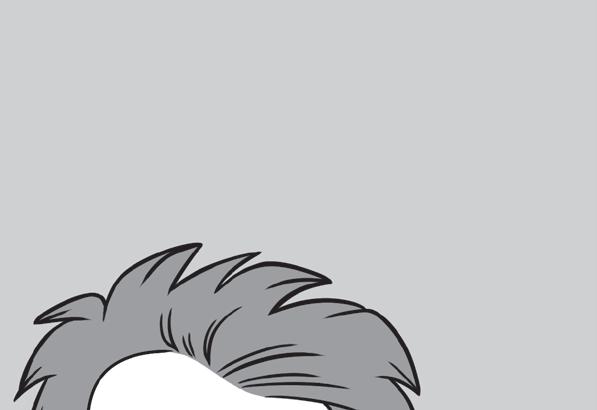
I felt worried that people thought I was lazy, and I felt sad when I got lower marks than my classmates. But I also didn’t want to do hard work, and I didn’t believe I could get better marks. So, I thought I would always be disappointed and that it was just my personality. I thought I would never find habits that worked for me and that I would always be someone who let himself – and other people – down.

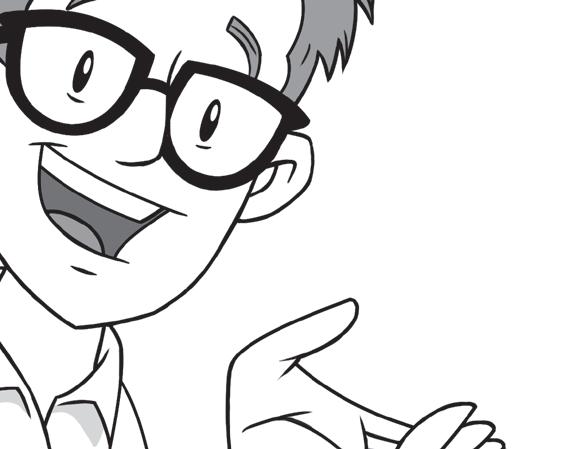


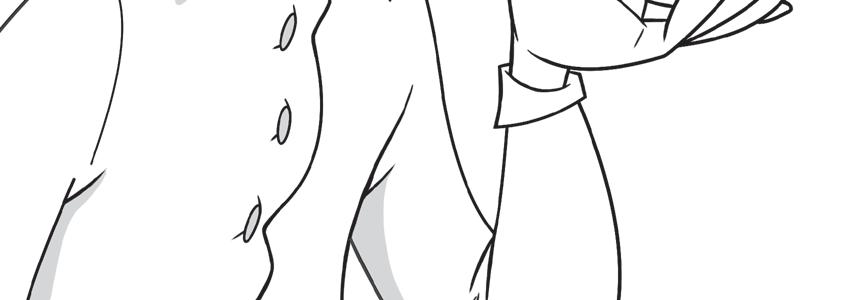

As it turned out, I was completely wrong. I learned that just a few small habits – nothing too hard – made the bigger ones feel manageable. Every little thing I did made the next one easier. Soon, the hard things in my life became easy. I started to do better, feel better and be happier.
It became clear that I was good enough, and habits were a key part of that. They weren’t the problem; they were the solution.
I didn’t need to worry about being lazy; I had to learn habits which helped me work better and smarter. I didn’t need to worry about playing sports – I had to give them a try and learn how happy they could make me.
I realized that habits weren’t hard things, but happy ones. Small changes that add up to big things. In my personal life and through my work as a doctor and mental-health ambassador, I’ve realized that developing the right habits in the right way is an amazing tool for our well-being. Repeatedly ‘doing’ a helpful habit is good for us now, but also helpful for next time because a habit gets easier each time we do it.
As our habits get easier to do, they become something we don’t even have to think about. Do you have to think about getting dressed?
No – you have done it so often that it comes naturally (though you might have to give a bit more thought to what you’re actually going to wear!). As a result, you can do other things while getting dressed – you can sing, have a chat or think about the world’s smallest cat (her name is Lillieput, and she is a breed called a ‘munchkin’). When an activity or behaviour becomes a habit, we make space in our minds to add things on top of it.
We can practise new skills, get better at old ones and feel proud of ourselves for choosing to do it.